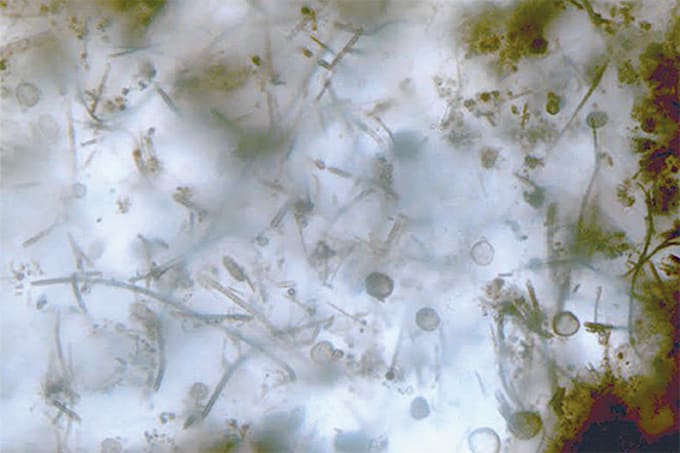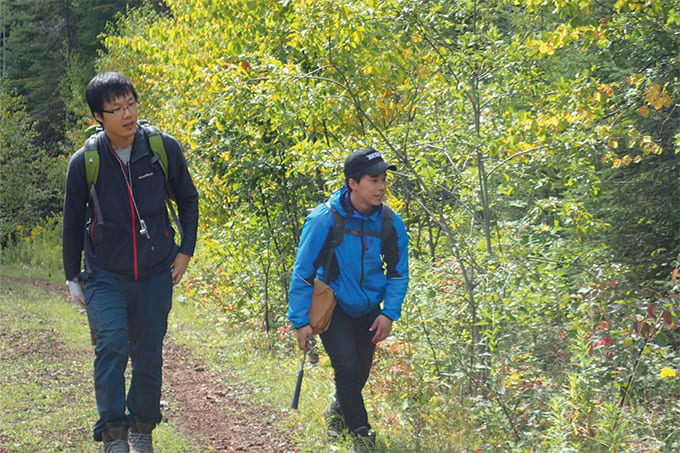“Long-term sample storage and re-analysis with improved technologies has caught more doping medalists than the testing technology available at the time of sample collection.”
“The disproportionate representation of athletes from certain sports and nations charged with ADRVs from the IOC re-testing of the 2004, 2008 and 2012 Olympic Games suggests that future levels of pre-Olympic OOC testing should increase in these areas.”
“We encourage more International Federations to further their investment in long-term sample storage at Continental Games and other important international competitions to enhance future doping detection and to deliver sporting justice.”
“We also advocate for long-term sample storage to additionally incorporate the specific requirements of novel testing technologies/matrices even if at the time of collection these methodologies are not fully validated for doping detection.”
References
- A Kolliari-Turner et al., “Analysis of Anti-Doping Rule Violations That Have Impacted Medal Results at the Summer Olympic Games 1968–2012”, Sports Med, 51, 2221-2229 (2021). https://doi.org/10.1007/s40279-021-01463-4




